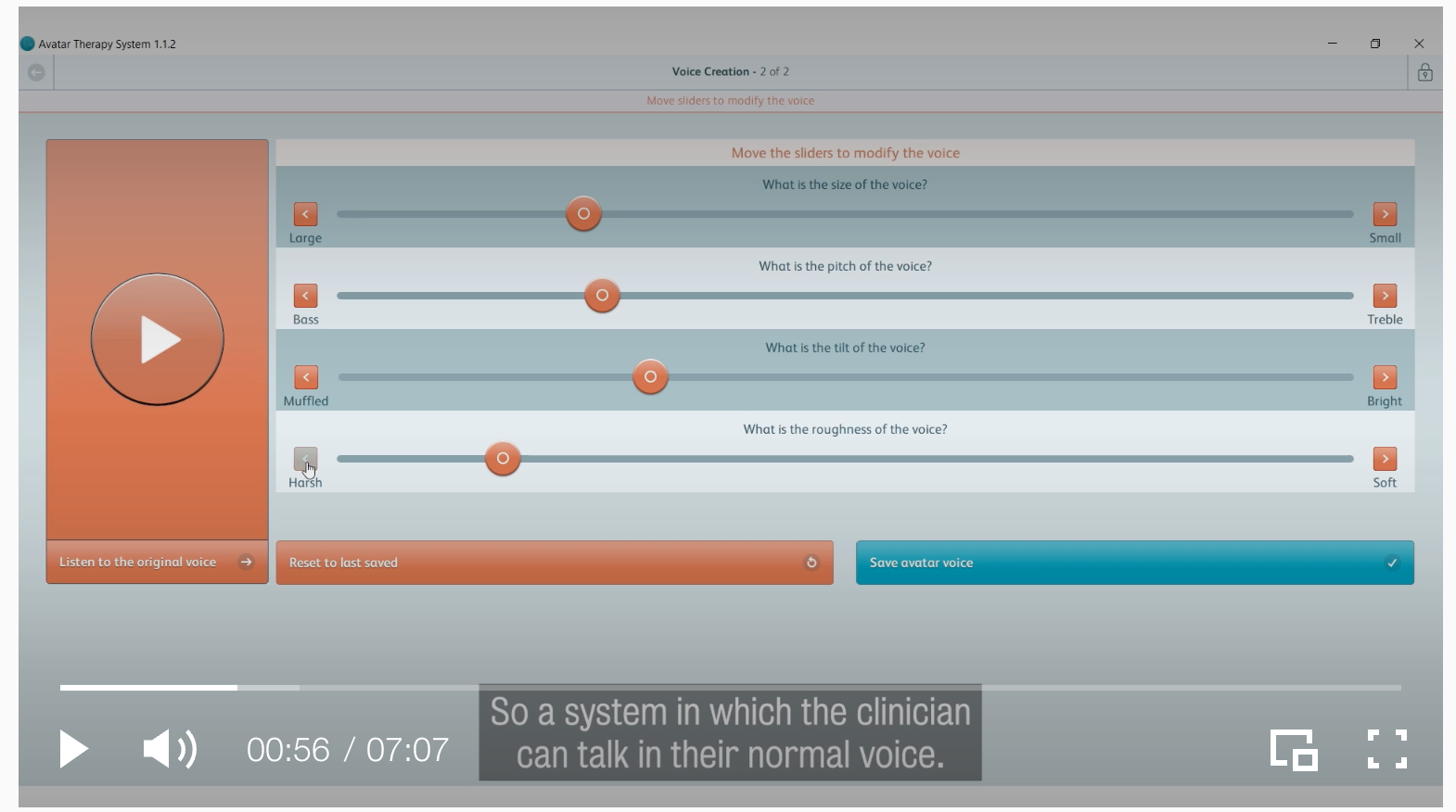Credulity in the service of clickbait
Andrew Gelman, "Freakonomics does it again (not in a good way). Jeez, these guys are credulous", Statistical Modeling, Causal Inference, and Social Science 10/28/2024:
From the team that brought you “good-looking parents are 36% more likely to have a baby daughter as their first child than a baby son” and “The PDO cool mode has replaced the warm mode in the Pacific Ocean, virtually assuring us of about 30 years of global cooling” (background here and here) comes a new nugget of 24-carat credulity:
I [economist and author Steven Levitt] cannot think of an academic whose research findings have more consistently surprised me than my guest today, Harvard psychologist Ellen Langer. She’s a scientist, but her results seriously challenge the beliefs of mainstream science.
If the findings consistently surprise you, and they seriously challenge the beliefs of mainstream science, then maybe you should more seriously consider the possibility that these findings are wrong! Langer’s much-publicized work has been questioned before (for example, here and here).
Read the rest of this entry »




